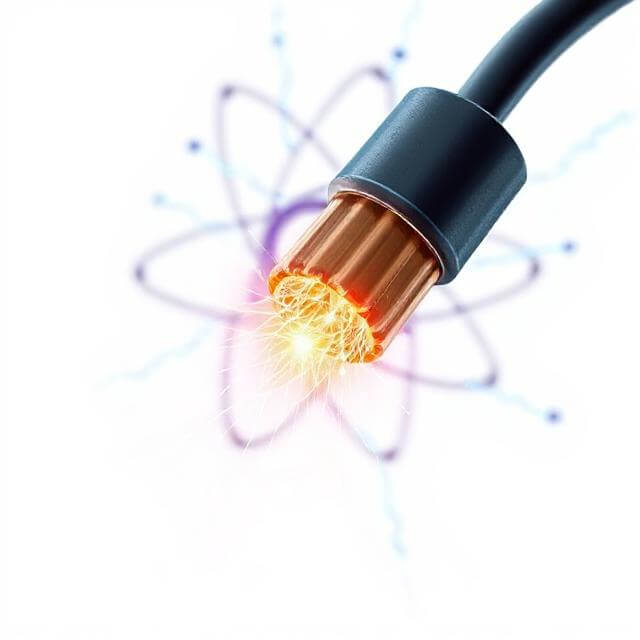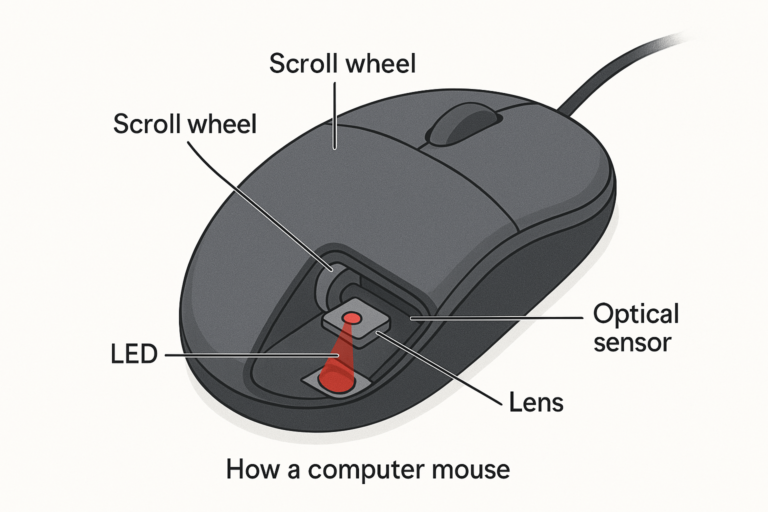😊🧠 The Science of Happiness: Can We Hack It?
Neurology, Dopamine, Serotonin, and Happiness Hacks
✅ Introduction: The Pursuit of Happiness
Happiness is a universal human desire, but what exactly makes us happy? Is it love, success, money, or something else entirely? Science reveals that happiness is deeply rooted in neurology and biochemistry, driven by the brain’s reward system and chemical messengers like dopamine, serotonin, oxytocin, and endorphins.
But can we hack happiness? 🤔
In this comprehensive guide, we’ll explore:
- The neurological and chemical basis of happiness.
- How lifestyle changes influence happiness hormones.
- Practical happiness hacks backed by science.
🔥 1. What Is Happiness?
Happiness is more than just a fleeting emotion—it’s a complex state of well-being, influenced by both psychology and biology.
✅ Key Components of Happiness:
- Emotional Happiness: Feelings of joy, love, and satisfaction.
- Cognitive Happiness: Positive thoughts and outlook on life.
- Physical Happiness: A relaxed, stress-free body.
- Long-term Happiness: Sense of purpose, fulfillment, and contentment.
💡 Happiness vs. Pleasure:
- Pleasure: Temporary gratification (e.g., eating chocolate, winning a game).
- Happiness: A sustainable state of well-being (e.g., meaningful relationships, achieving goals).
🧠 2. The Neurology of Happiness: How the Brain Processes Joy
🌀 Key Brain Regions Linked to Happiness:
1. Prefrontal Cortex (PFC):
- Role: Controls emotions, decision-making, and positive thinking.
- Impact on Happiness:
- Left PFC activation is linked to positive emotions.
- Right PFC activation is associated with negative emotions.
- Happiness Hack: Meditation and gratitude practice increase PFC activity.
2. Amygdala:
- Role: Processes fear and emotional responses.
- Impact on Happiness:
- Overactive amygdala → stress and anxiety.
- Calmed amygdala → Greater emotional stability.
- Happiness Hack: Mindfulness reduces amygdala overactivity.
3. Ventral Striatum:
- Role: Part of the brain’s reward system.
- Impact on Happiness:
- Activated by pleasurable experiences (food, social bonding).
- Releases dopamine, the “feel-good” hormone.
- Happiness Hack: Physical exercise boosts dopamine production.
4. Hypothalamus:
- Role: Regulates mood and stress responses.
- Impact on Happiness:
- Releases oxytocin during social bonding.
- Low stress levels = higher happiness.
- Happiness Hack: Social interactions and physical touch release oxytocin.

🔬 3. The Brain’s Happiness Hormones: Dopamine, Serotonin, Oxytocin, and Endorphins
🌟 1. Dopamine: The Reward Hormone
- Function: Involved in motivation, pleasure, and reward.
- Impact on Happiness:
- Increased dopamine = higher pleasure and motivation.
- Low dopamine = lack of motivation and depression.
- Happiness Hacks:
- Exercise regularly to boost dopamine levels.
- Celebrate small wins to activate dopamine release.
- Eat foods rich in tyrosine (bananas, almonds) to support dopamine production.
😊 2. Serotonin: The Mood Stabilizer
- Function: Regulates mood, sleep, and appetite.
- Impact on Happiness:
- High serotonin = improved mood and emotional stability.
- Low serotonin = depression and anxiety.
- Happiness Hacks:
- Sunlight exposure increases serotonin levels.
- Complex carbs (oats, quinoa) promote serotonin production.
- Meditation and relaxation techniques boost serotonin.
❤️ 3. Oxytocin: The Love Hormone
- Function: Promotes trust, bonding, and emotional connection.
- Impact on Happiness:
- Higher oxytocin = stronger social bonds and greater happiness.
- Low oxytocin = loneliness and social anxiety.
- Happiness Hacks:
- Hugging, cuddling, and physical touch boost oxytocin.
- Spending time with loved ones triggers oxytocin release.
- Acts of kindness increase oxytocin levels.
🏃♀️ 4. Endorphins: The Pain Relievers
- Function: Alleviate pain and promote feelings of euphoria.
- Impact on Happiness:
- Higher endorphins = lower pain perception and greater happiness.
- Low endorphins = increased sensitivity to pain.
- Happiness Hacks:
- Exercise intensely to trigger endorphin release.
- Laughter and humor increase endorphins.
- Spicy foods stimulate endorphin production.
💡 4. The Science of Hacking Happiness
✅ 1. Physical Hacks:
- Exercise: Boosts dopamine, serotonin, and endorphins.
- Cold Showers: Trigger endorphin release and enhance mood.
- Quality Sleep: Improves serotonin and dopamine balance.
🌿 2. Dietary Hacks:
- Omega-3 Fatty Acids: Improve serotonin function (found in fish and flaxseeds).
- Dark Chocolate: Contains phenylethylamine, boosting dopamine.
- Fermented Foods: Improve gut health, enhancing serotonin levels.
🌞 3. Lifestyle Hacks:
- Gratitude Journaling: Activates the prefrontal cortex, promoting positive emotions.
- Spending Time in Nature: Boosts serotonin and reduces stress.
- Social Connections: Increase oxytocin and reduce loneliness.
🧘♂️ 4. Mental and Emotional Hacks:
- Mindfulness Meditation: Reduces cortisol and boosts serotonin.
- Positive Visualization: Increases dopamine and emotional resilience.
- Acts of Kindness: Boosts oxytocin and enhances mood.
🔥 5. The Role of Genetics and Environment in Happiness
🧬 Genetic Factors:
- 40-50% of happiness is influenced by genetics.
- Gene variants impact dopamine and serotonin levels.
🌎 Environmental Factors:
- Life experiences, relationships, and socioeconomic status influence happiness.
- Purpose and meaningful work significantly boost long-term happiness.
💡 6. Long-Term Strategies for Sustainable Happiness
✅ 1. Develop Meaningful Relationships:
- Strong social bonds increase oxytocin and long-term happiness.
- Prioritize quality time with loved ones.
🌿 2. Practice Gratitude:
- Daily gratitude boosts dopamine and serotonin.
- Keep a gratitude journal.
🏋️♂️ 3. Engage in Physical Activity:
- Regular exercise enhances mood and well-being.
- Try yoga, jogging, or dancing.
🌞 4. Prioritize Sleep:
- Quality sleep regulates mood-enhancing hormones.
- Maintain a consistent sleep schedule.
💡 5. Practice Mindfulness:
- Reduces stress and enhances emotional regulation.
- Engage in breathing exercises and meditation.
🚀 Conclusion: The Science of Happiness Is in Your Hands
Happiness is not just a random emotion—it’s a biological and neurological process that you can influence. By understanding the science behind happiness hormones and applying simple yet effective hacks, you can boost your well-being and mental health.
✅ To cultivate happiness:
- Prioritize physical and mental health.
- Strengthen social connections.
- Engage in joyful activities.
✨ Share this article to help others unlock the science of happiness! 😊





